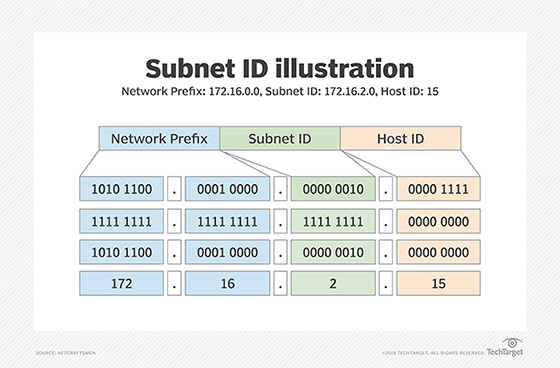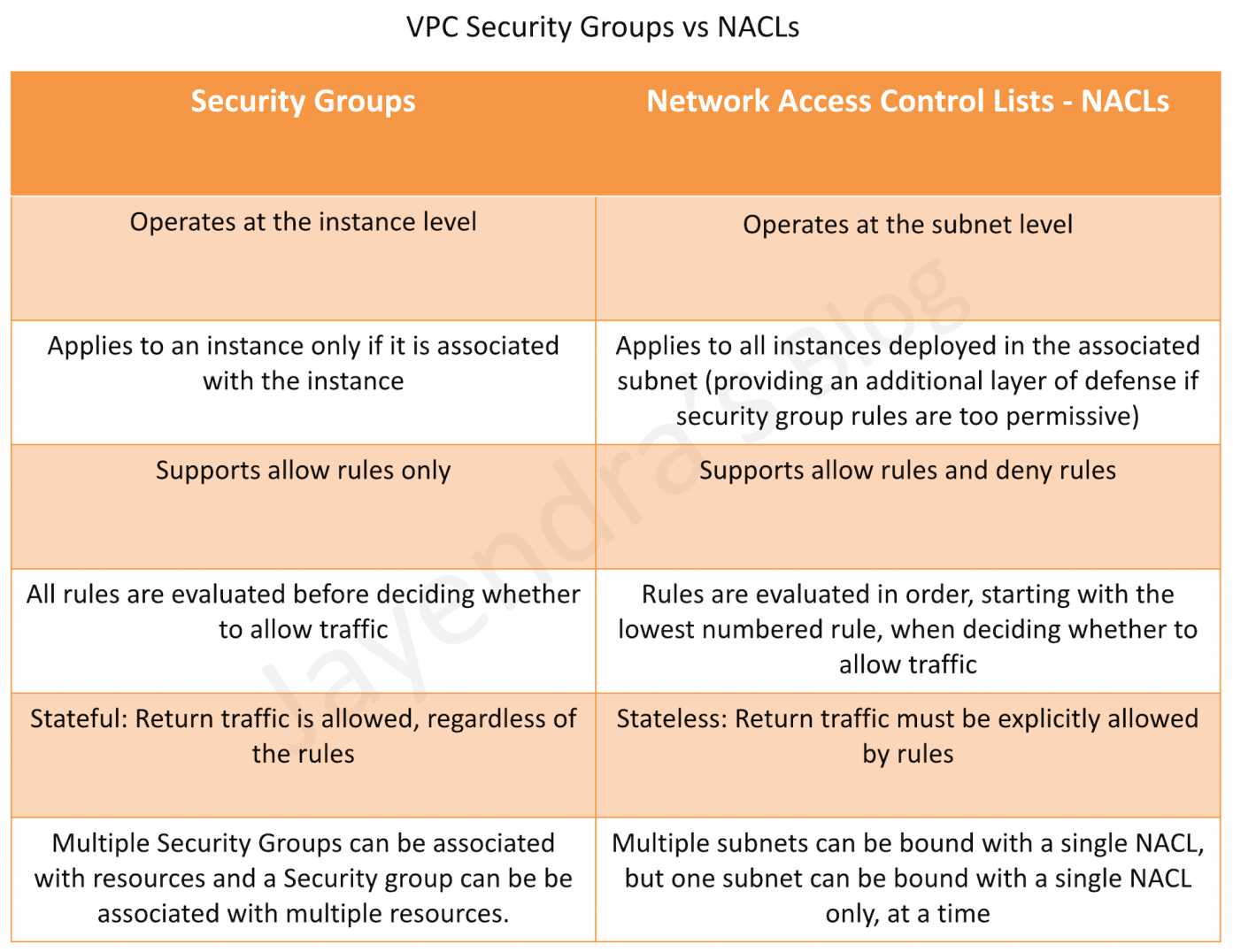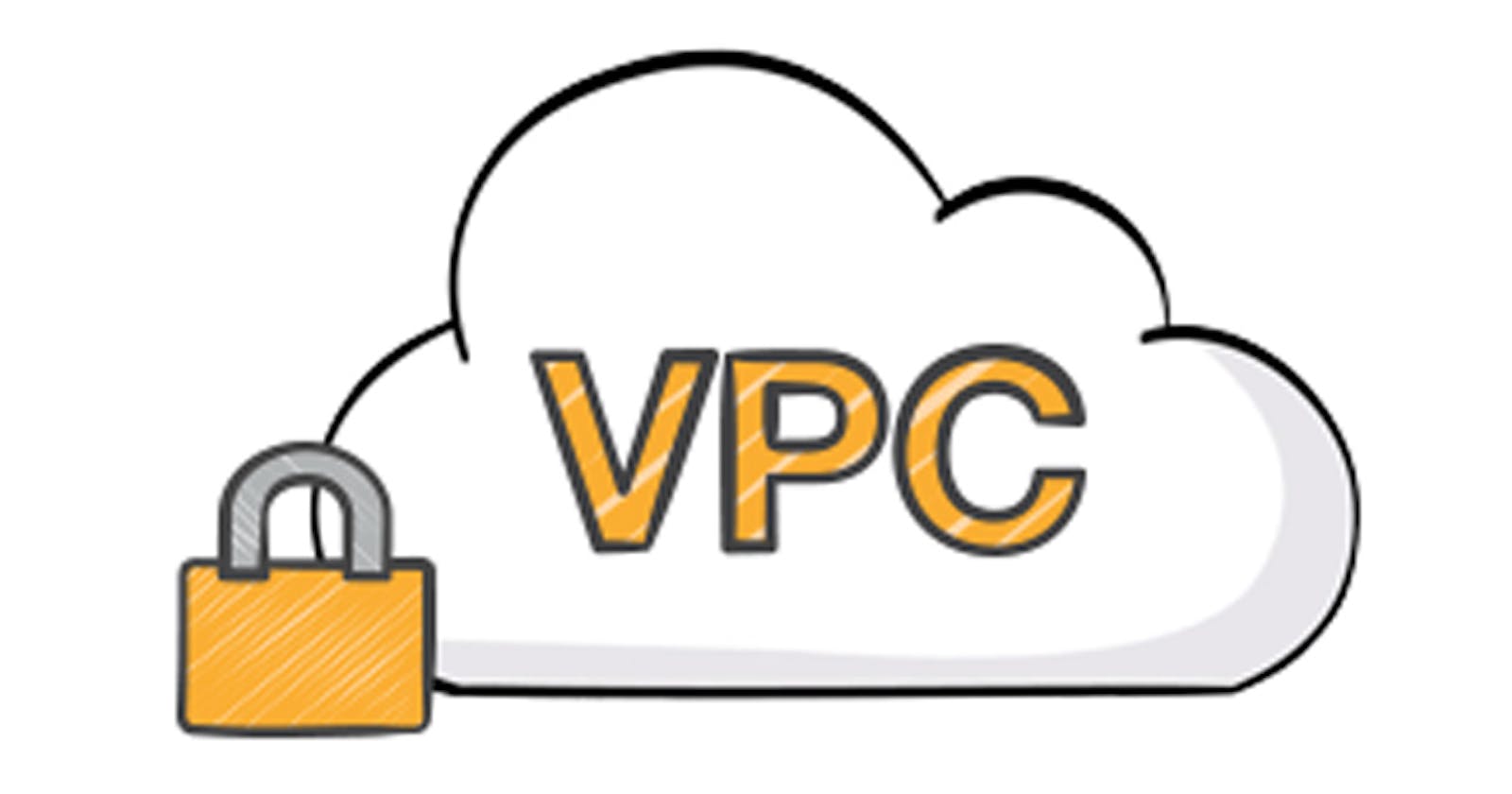In the realm of cloud computing, Amazon Web Services (AWS) stands as a pioneer, offering a plethora of services tailored to diverse business needs. Among its foundational offerings lies the Virtual Private Cloud, commonly known as VPC. This essential service allows users to create their isolated virtual networks within the AWS cloud environment, offering a high level of control and security over their resources.
What is AWS VPC?
AWS VPC is a web service that enables users to launch AWS resources in a logically isolated virtual network. This virtual network closely resembles the traditional on-premises network infrastructure, allowing users to have complete control over their virtual networking environment, including IP address ranges, subnets, routing tables, and network gateways.
Key Components of AWS VPC
1. Subnets
Subnets within a VPC divide the available IP address range to segment resources. They help in organizing and securing resources based on different availability zones and use cases. Public subnets typically allow resources to be accessible from the internet, while private subnets are usually isolated and accessible only internally.

2. Internet Gateway
An internet gateway facilitates communication between instances in a VPC and the internet. It acts as a bridge, enabling internet access for resources deployed in public subnets.
3. Route Tables
Route tables define rules for routing network traffic within the VPC. They determine where network traffic is directed, either within the VPC or out to the internet through the internet gateway.
4. Security Groups and Network Access Control Lists (ACLs)
Security groups act as virtual firewalls, for instance, controlling inbound and outbound traffic. Network ACLs operate at the subnet level and provide an additional layer of security by filtering traffic.

5. Virtual Private Gateway (VPN) and Direct Connect
These components enable secure connections between an on-premises data centre and AWS VPC, allowing for a hybrid cloud setup.

Benefits of Using AWS VPC
1. Enhanced Security
VPC offers robust security features, allowing users to define network access controls, configure security groups, and use encryption to safeguard their resources.
2. Customization and Control
Users have complete control over their VPC environment, including IP address ranges, subnets, routing tables, and network gateways. This customization allows for tailored network architectures.
3. Scalability and Flexibility
VPC enables scalability by allowing users to expand or shrink their network infrastructure based on changing business requirements. It supports the seamless addition of resources and services within the VPC.
4. Cost-Efficiency
Users can optimize costs by designing their network structure as per their needs. With the ability to define subnets and route traffic efficiently, unnecessary expenses can be minimized.
Setting Up an AWS VPC
Setting up a VPC involves several steps:
Planning: Define the IP address range, subnets, and connectivity requirements for your network.
Creating a VPC: Access the AWS Management Console, navigate to the VPC dashboard, and create a VPC. Define the IP address range and configure additional settings.
Configuring Subnets: Divide the IP address range of the VPC into subnets for different purposes (public, private, etc.) across multiple availability zones.
Setting Up Gateways and Route Tables: Attach an internet gateway to enable internet access for resources in public subnets. Configure route tables to direct traffic properly.
Configuring Security: Define security groups and network ACLs to control inbound and outbound traffic.
Connecting to On-Premises Networks (if required): Set up VPN or Direct Connect to establish a secure connection between your on-premises data center and AWS VPC.
Conclusion
AWS VPC serves as the fundamental building block for constructing a secure, scalable, and customizable cloud network infrastructure. Its extensive features empower users to create and manage their virtual networks efficiently, ensuring optimal performance, security, and flexibility for their applications and services deployed on the AWS cloud.
In a world where the demands for robust, secure, and scalable networking solutions continue to grow, AWS VPC stands as a cornerstone, providing a solid foundation for businesses to thrive in the digital landscape.


